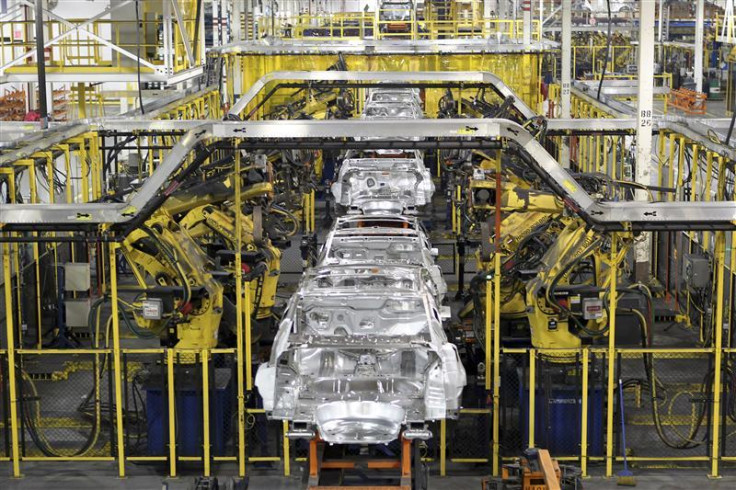European investors 'bullish' on corporate spending plans despite Brexit and Catalonia
Senior executives polled by ratings agency in positive frame of mind over capital expenditure expectations.

European investors have turned bullish on prospects for companies to ramp up investing in the economic upturn, according to a new survey.
The survey, of 51 high net worth managers of an estimated €5.4trn (£4.78trn) of fixed-income assets, conducted by Fitch Ratings has found that more than three-quarters of the respondents are expecting a boost in capital expenditure over the next 12 months.
An overwhelming 78% of respondents of the survey – held between 5 September and 13 October – felt that corporates will boost investment in plant and machinery, significantly up from 56% in the previous survey conducted in the first quarter of 2017.
"We believe this increased investor optimism on rising capex acknowledges that the global economy has improved markedly this year and is on course to record its fastest expansion since 2010. In particular, the eurozone is growing this year at its strongest rate for a decade," said Monica Insoll, head of credit market research, at Fitch.
Elsewhere in the survey, 69% of respondents predicted that the European Central Bank's asset purchases would be phased out during 2018, while the remainder believe the programme will persist into 2019. None of the respondents felt that it will be halted abruptly at the end of this year.
Almost two-thirds (64%) opined that corporate funding costs will rise as the ECB's quantitative easing programme is gradually unwound, while the rest suggested the improving economy will drive spreads tighter, offsetting any rise in base rates.
The topic of Brexit split investors, with 28% believing the UK will still be an EU member in 2020. This figure has risen sharply from only 6% in Fitch's first quarter survey and respondents expecting this outcome represented a wide geographic base including the UK, Germany, France, Switzerland and the Nordics.
"The sharp shift in investors' expectations towards what was previously considered an extreme scenario supports Fitch's longstanding view that the outcome of Brexit and future UK-EU trade negotiations are highly uncertain with a wide range of possible results," added Insoll.
On Brexit talks, 39% of respondents were optimistic that there will be a mutually acceptable agreement as well as a single market transition agreement by March 2019. However, 20% are not hopeful about the transition arrangements and 14% do not even expect an agreement by the time of the exit.






















